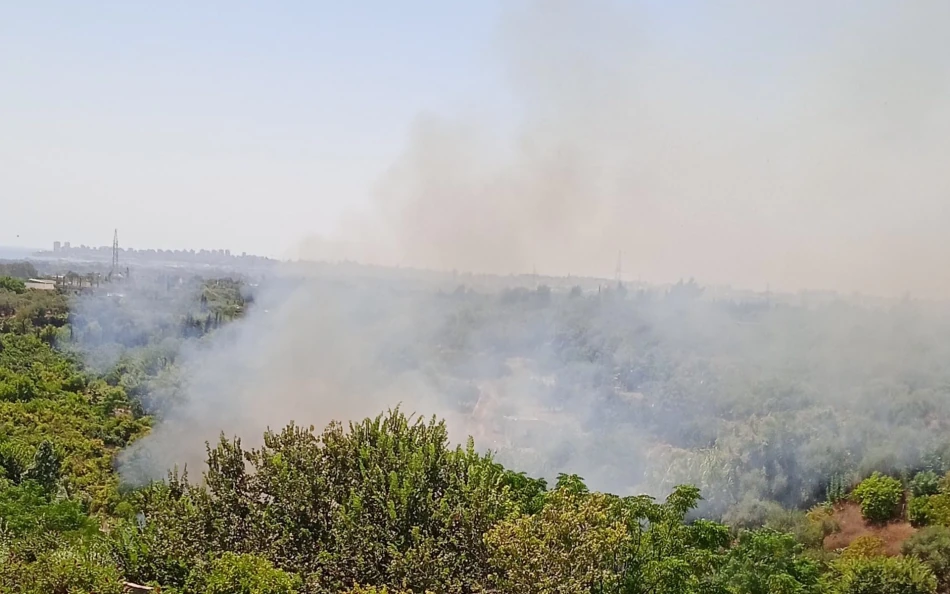
Syrian Defense Ministry Apprehends Group Attempting Arson Attacks in Latakia Countryside
Syria's New Defense Ministry Arrests "Old Regime Remnants" for Alleged Forest Arson
Syria's Defense Ministry announced the arrest of several individuals attempting to start fires in forest areas near Latakia province, marking another incident in what appears to be ongoing tensions between the country's new authorities and loyalists of the former Assad government. The ministry attributed the attempted arson to "remnants of the old regime," signaling continued security challenges as Syria's new leadership consolidates control.
The Incident: Forestry Crime or Political Sabotage?
Mobile patrol units from the Defense Ministry detained the group while they were allegedly attempting to ignite fires in the wooded areas around Mukhtariya village in rural Latakia. The ministry's Media and Communications Department confirmed that those arrested were identified as former regime elements, though specific details about the number of detainees or evidence collected at the scene were not disclosed.
The suspects have been transferred to the Internal Security Department for legal proceedings, following standard protocol for such arrests in the current transitional period.
Latakia's Strategic Importance
The location of this incident carries particular significance. Latakia province served as a stronghold for the Assad government throughout Syria's civil war, hosting critical military installations and maintaining strong loyalty networks. The province's coastal forests and rural areas have historically provided both economic resources and strategic cover, making them sensitive areas for the new authorities to monitor.
Environmental and Economic Implications
Forest fires in Syria's coastal regions pose serious environmental and economic risks. These wooded areas are among the country's few remaining natural resources that could contribute to economic recovery. Deliberate arson, if confirmed, would represent not just environmental vandalism but potential economic sabotage against reconstruction efforts.
Pattern of Post-Transition Security Challenges
This arrest fits into a broader pattern of security incidents involving alleged former regime loyalists since Syria's political transition. Similar post-conflict scenarios in Libya, Iraq, and Afghanistan have demonstrated how remnants of previous governments often resort to sabotage tactics when facing loss of power and influence.
The new Syrian authorities appear to be taking a proactive approach to such threats, deploying mobile patrols in sensitive areas rather than waiting for incidents to escalate. This strategy suggests lessons learned from other transitional governments that initially underestimated the persistence of former regime networks.
Implications for Syria's Stabilization Process
For international observers and potential investors monitoring Syria's transition, incidents like this highlight ongoing security challenges that could affect reconstruction timelines and investment confidence. However, the swift response and public disclosure by authorities may actually signal improving institutional capacity and transparency compared to the previous government's often secretive security operations.
The fact that Syria's new Defense Ministry is publicly reporting such arrests and attributing them to specific groups represents a notable shift toward greater accountability in security matters. This transparency could prove crucial for building domestic legitimacy and international confidence in the new government's ability to maintain order without resorting to the previous regime's heavy-handed tactics.
Most Viewed News

 Sara Khaled
Sara Khaled






